Two of the nation’s top trade negotiators yesterday hinted at the possibility of Taiwan being included in the US’ Indo-Pacific Economic Framework, which is expected to be announced later this month.
Speaking at a question-and-answer session in the legislature, Deputy Minister of Economic Affairs Chen Chern-chyi (陳正祺) and Assistant Trade Representative Benjamin Hsu (徐崇欽), who handles US-related issues, said there “is a chance” Taiwan would be included in the new framework.
Minister of Foreign Affairs Joseph Wu (吳釗燮) agreed, saying that Taiwan “would theoretically be included” in the framework, although the level and manner are still being worked out.
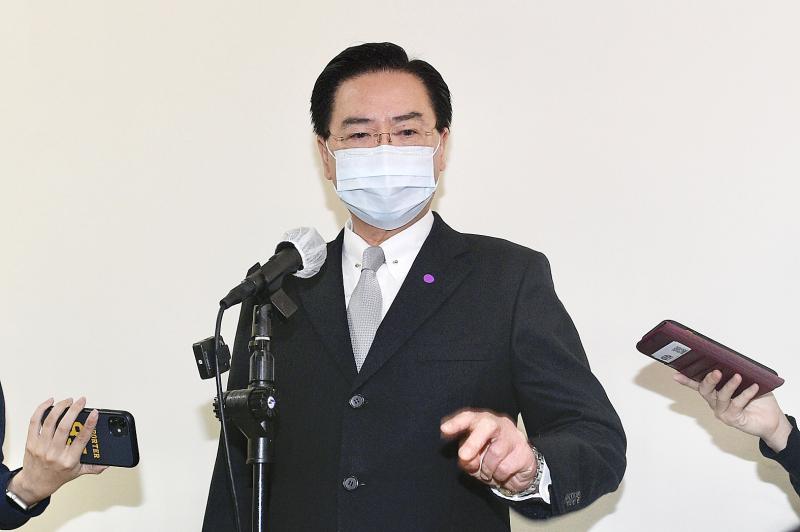
Photo: George Tsorng, Taipei Times
US lawmakers, think tanks and industry groups have all been outspoken in their belief that Taiwan should be included, while Washington has never explicitly denied Taiwan an invitation, Wu added, citing assurance from US Secretary of State Antony Blinken that the US is not “closing the door on anyone, including Taiwan.”
Deputy Minister of Foreign Affairs Tien Chung-kwang (田中光) said the framework is different from a trade pact in that it would not involve tariffs or market access.
It instead centers around four pillars: fair and resilient trade; supply chain resilience; infrastructure and decarbonization; and taxation and anti-corruption, Tien said.
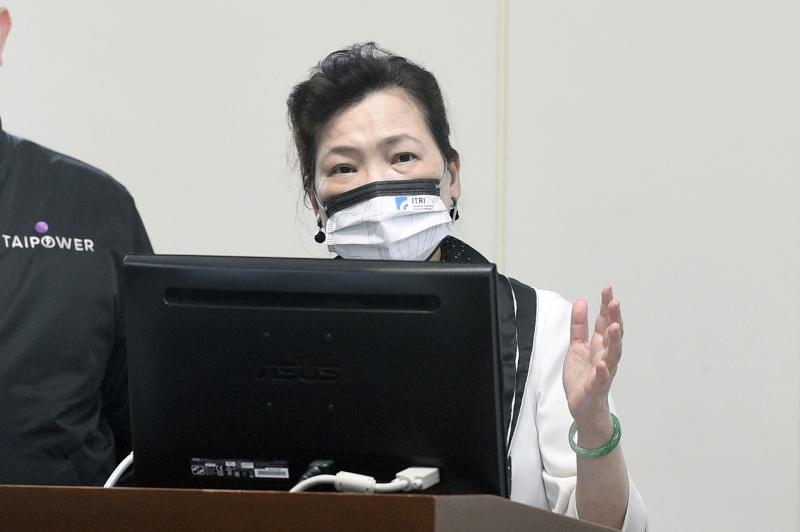
Photo: George Tsorng, Taipei Times
Signatories would likely not be expected to sign onto every pillar, he added.
However, Chen was less optimistic about the chance of signing a bilateral trade agreement with the US soon, saying there is “no way of estimating a timetable.”
“Looking at the conditions, I am afraid it will take some time,” he said, referencing a lack of consensus within the US.
As the US Congress has not yet renewed the Trade Promotion Authority, the US trade representative is not authorized to restart bilateral trade agreement negotiations, said Douglas Hsu (徐佑典), director-general of the Ministry of Foreign Affairs’ Department of North American Affairs.
Former US president Donald Trump was willing to sign bilateral trade deals, but was primarily interested in China, while US President Joe Biden is interested in cooperating with US partners, but is more reserved when it comes to trade agreements, making it difficult to estimate when a deal might materialize, Chen said.
However, judging from the US’ recent substantive cooperation with Taiwan, Chen said that things are “moving in the right direction.”
Meanwhile, Minister of Economic Affairs Wang Mei-hua (王美花) yesterday touted the benefits of teaming up with Taiwan’s semiconductor manufacturers in response to a report of growing cooperation between the US and Japan.
A Nikkei Asia report on Monday said that Japan and the US would deepen cooperation on building supply chains for advanced semiconductors, amid the growing rivalry between the US and China.
The Japanese media outlet said it had learned that the two governments were close to agreeing to cooperate on producing chips more advanced than 2 nanometers.
Japanese Minister of Economy, Trade and Industry Koichi Hagiuda, who is visiting the US, is scheduled to meet US Secretary of Commerce Gina Raimondo. They are expected to announce the chip cooperation during Hagiuda’s visit, Nikkei Asia said.
Based on the discussions from a recent industry forum cohosted by the ministry and the American Institute in Taiwan, “the most efficient and best way” to build global supply chains for semiconductors is through cooperation with Taiwan’s industry, Wang said.
“Taiwan is very confident about this,” she said in an interview outside a meeting of the legislature’s Economics Committee.
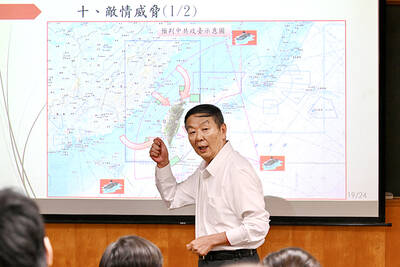
RETHINK? The defense ministry and Navy Command Headquarters could take over the indigenous submarine project and change its production timeline, a source said Admiral Huang Shu-kuang’s (黃曙光) resignation as head of the Indigenous Submarine Program and as a member of the National Security Council could affect the production of submarines, a source said yesterday. Huang in a statement last night said he had decided to resign due to national security concerns while expressing the hope that it would put a stop to political wrangling that only undermines the advancement of the nation’s defense capabilities. Taiwan People’s Party Legislator Vivian Huang (黃珊珊) yesterday said that the admiral, her older brother, felt it was time for him to step down and that he had completed what he
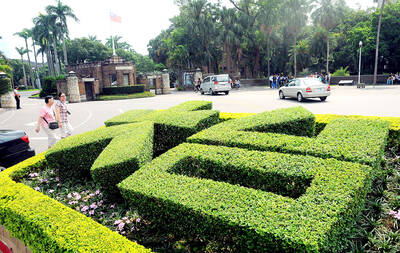
Taiwan has experienced its most significant improvement in the QS World University Rankings by Subject, data provided on Sunday by international higher education analyst Quacquarelli Symonds (QS) showed. Compared with last year’s edition of the rankings, which measure academic excellence and influence, Taiwanese universities made great improvements in the H Index metric, which evaluates research productivity and its impact, with a notable 30 percent increase overall, QS said. Taiwanese universities also made notable progress in the Citations per Paper metric, which measures the impact of research, achieving a 13 percent increase. Taiwanese universities gained 10 percent in Academic Reputation, but declined 18 percent
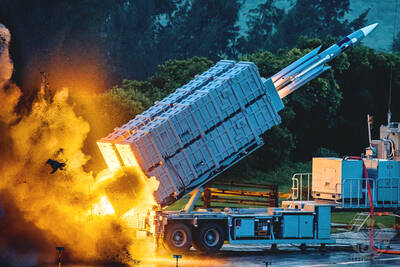
UNDER DISCUSSION: The combatant command would integrate fast attack boat and anti-ship missile groups to defend waters closest to the coastline, a source said The military could establish a new combatant command as early as 2026, which would be tasked with defending Taiwan’s territorial waters 24 nautical miles (44.4km) from the nation’s coastline, a source familiar with the matter said yesterday. The new command, which would fall under the Naval Command Headquarters, would be led by a vice admiral and integrate existing fast attack boat and anti-ship missile groups, along with the Naval Maritime Surveillance and Reconnaissance Command, said the source, who asked to remain anonymous. It could be launched by 2026, but details are being discussed and no final timetable has been announced, the source
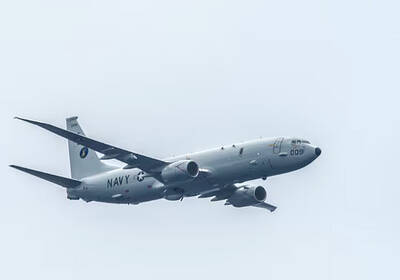
CHINA REACTS: The patrol and reconnaissance plane ‘transited the Taiwan Strait in international airspace,’ the 7th Fleet said, while Taipei said it saw nothing unusual The US 7th Fleet yesterday said that a US Navy P-8A Poseidon flew through the Taiwan Strait, a day after US and Chinese defense heads held their first talks since November 2022 in an effort to reduce regional tensions. The patrol and reconnaissance plane “transited the Taiwan Strait in international airspace,” the 7th Fleet said in a news release. “By operating within the Taiwan Strait in accordance with international law, the United States upholds the navigational rights and freedoms of all nations.” In a separate statement, the Ministry of National Defense said that it monitored nearby waters and airspace as the aircraft